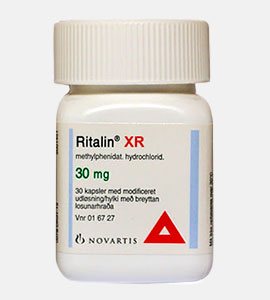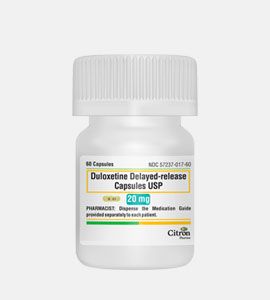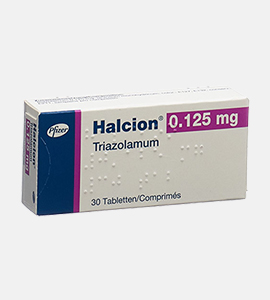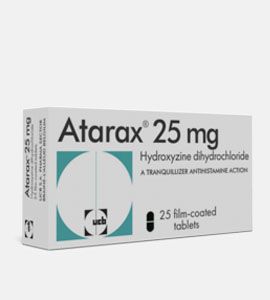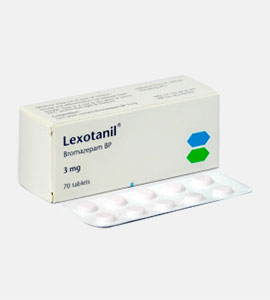Commercial Name: Prozac
Principal Ingredient: Fluoxetine
Production form: Pills
Utilization: Treats psychotic problems and Bipolarity
Available Dosage: 10mg, 20mg, 40mg, 60mg
What Is Fluoxetine (Prozac, Sarafem)?
Fluoxetine is a generic selective serotonin reuptake inhibitor (SSRI), an antidepressant medication that is found in popular brand names like Prozac, Prozac Weekly, and Sarafem. The medication moderates serotonin levels in the brain to treat mood disorders like depression and anxiety. Fluoxetine is also prescribed to help obsessive-compulsive disorder (OCD), binge eating disorder, bulimia, and panic disorder (with or without agoraphobia). Sometimes, it is prescribed to treat the premenstrual dysphoric disorder (PMDD); Sarafem was specifically developed to treat this condition.
In rare cases, fluoxetine can be prescribed to treat alcohol use disorder, attention deficit disorder, borderline personality disorder, headaches, sleep disorders like insomnia, Tourette’s syndrome, sexual problems, phobias, post-traumatic stress disorder (PTSD), and other mental illnesses that benefit from adjustments in how serotonin interacts with the brain.
How Fluoxetine Works
SSRIs like fluoxetine work by preventing serotonin from being reabsorbed rapidly after it is released. When serotonin is absorbed too fast, it is not able to help neurons communicate as well; with fewer signals moving between neurons, mood and physical energy can below. However, an SSRI allows serotonin to remain in the synapses – the spaces between neurons – for longer, helping neurons communicate with each other. This elevates mood and improves energy.
Prescription Doses
Doses are found in tablet, capsule, and liquid form. Sizes of fluoxetine doses include 10 mg, 20 mg, and 40 mg; Sarafem specifically is found in 10 mg, 15 mg, and 20 mg forms.
Dosing depends largely on which condition fluoxetine has been prescribed to treat. For example, Sarafem may be taken once per day consistently, or it could be taken for specific days in the woman’s menstrual cycle. Prozac Weekly, which comes in 90 mg, is only taken once per week, but lower-dose versions of fluoxetine are taken once per day. Fluoxetine is always taken orally.
Like other SSRIs, fluoxetine needs a few weeks to fully work on brain chemistry. The medication should be taken consistently for 4-6 weeks before it is in full effect.
When fluoxetine works well, the medication elevates, then stabilizes mood. Mood swings and irritability can still occur, but they are less likely to occur, as are other depression-related symptoms like feeling guilty without cause, feeling sad, sleeping too much, and feeling hopeless.
Side Effects
Like other psychiatric medications, SSRIs like fluoxetine can cause side effects. These are rare in most people who take the medication, although experiencing side effects could be an indication that the dose is too high and should be adjusted by the person’s physician or therapist.
• Side effects include:
• Nervousness
• Diarrhea
• Sore throat
• Dry mouth
• Physical weakness
• Fatigue
• Trembling or shaking that is involuntary
• Changes to appetite or weight
• Changes to sex drive
• Increased sweating
Weight gain is a common side effect from taking fluoxetine. While this is typically not a dangerous side effect for many people, it can reduce self-image and sense of self-worth. For some people, weight-related diseases like diabetes or heart disease can occur, so it is important to work with a medical professional to moderate weight gain if it occurs.
More serious side effects, like an allergic reaction, can indicate a serious, negative interaction with the medication. Call 911 for emergency medical treatment if these side effects occur:
• Rash
• Hives
• High fever
• Joint pain
• Swelling to the face, lips, throat, tongue, eyes, hands, feet, or lower legs
• Trouble breathing or swallowing
• Confusion
• Rapid or irregular heartbeat
• High blood pressure
• Extreme muscle stiffness
• Aggression or violence
• Hallucinations
• Seizures
People under the age of 24 years old are also more likely to experience suicidal thoughts or actions while taking fluoxetine.
Using Fluoxetine for a Long Time
There are no severe long-term effects for adults who take fluoxetine, and there are few studies on the side effects on children who take fluoxetine. Taking fluoxetine or other SSRIs while pregnant has a less than 1 per cent chance of causing birth defects to the fetus, so a woman who is pregnant or who plans to become pregnant should speak to her doctor about taking this medication.
Fluoxetine may also exacerbate some pre-existing health conditions, particularly heart problems. However, the medication has not been linked to triggering these problems. This medication is known to lead to physical dependence; although this is not the same as addiction, the condition can cause withdrawal symptoms.
Is Fluoxetine Addictive?
Fluoxetine and other SSRIs are not considered to be addictive, in part because they do not act quickly on brain chemistry to induce euphoria, or high. They take weeks to fully settle into the system; in fact, Prozac is sometimes prescribed to treat alcohol use disorder after detox. The medication reduces cravings, and stabilizes mood, so the person is less likely to drink to self-medicate a mood disorder. While some people may attempt to abuse fluoxetine, these individuals typically have a history of substance abuse problems, or polydrug abuse issues, and are at greater risk of struggling with any prescription medication.








 Engels
Engels
 Frans
Frans
 Duits
Duits
 Italiaans
Italiaans
 Spaans
Spaans
 Tsjechisch
Tsjechisch
 Nederlands
Nederlands









